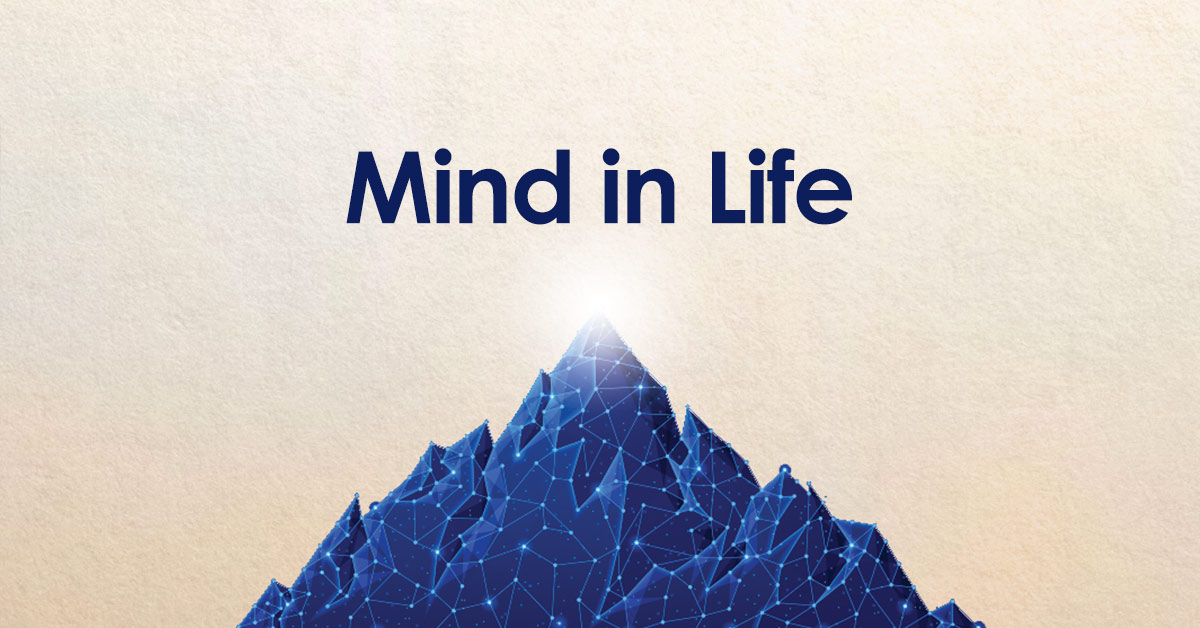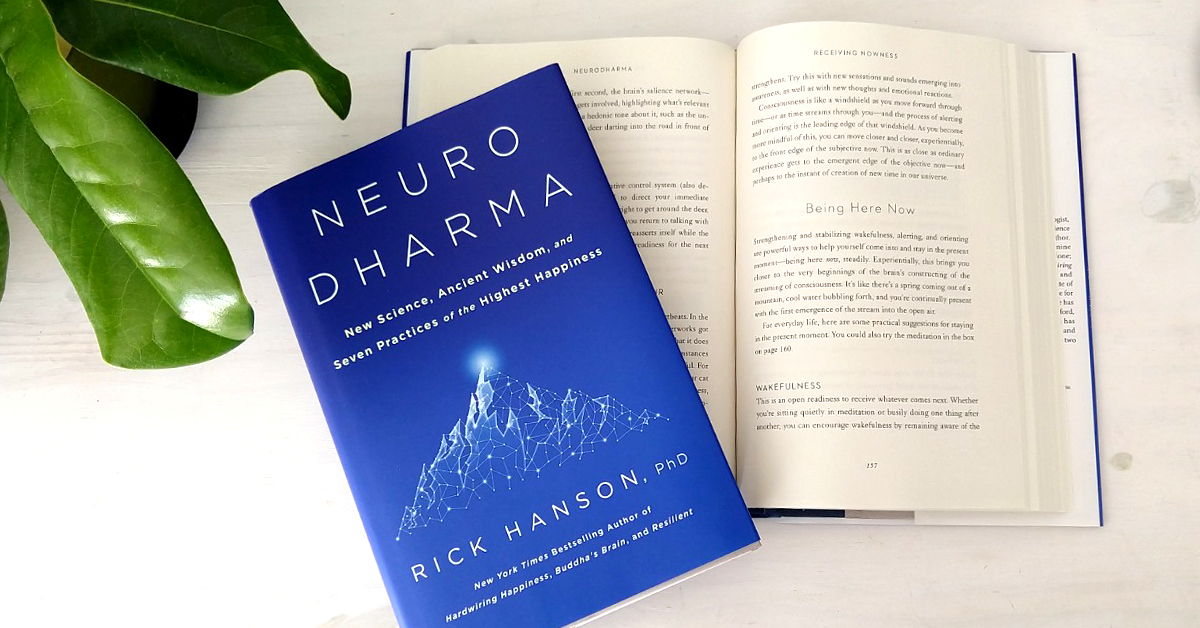
05 May Mind in Life
The Seven Steps to the Highest Happiness
I’ve hiked a lot in the mountains, and sometimes a friend farther up the trail has turned and looked back and encouraged me onward. Such a friendly gesture: Come join me . . . watch out for the slippery ice . . . you can do it! I’ve often thought about those moments when I’ve written about the heights of human potential– being as wise and strong, happy and loving, as any person can ever be. If those heights are like a great mountain, awakening is the magnificent journey that carries you along toward the top. Many real people have gone very far up and I imagine them turning with a sweet smile and beckoning us to join them.
Those who have climbed this mountain come from different cultures and have different personalities, but they all seem alike to me in seven ways. They are mindful and kind; they live with contentment and emotional balance through even the hardest times; they are whole and authentic, and present here and now; they speak of feeling connected with everything; and a light shines through them that does not seem entirely their own.
You might have your own examples of inspiring people. These individuals are models to us of what is possible. I’ve known some of them myself. They are down-to-earth, humorous, realistic, and supportive – not the cartoon-like stereotype of exotic characters in caves making cryptic pronouncements. They have no interest in celebrity. Some have taken a spiritual approach while others have been secular. Their realization is genuine, and it’s the result of the path they’ve traveled, not some unique transformation that’s unattainable for the rest of us. They demonstrate that wonderful ways of being lie ahead, that accessible paths lead onward, and that much as their own efforts were fruitful, ours will be, too.
And, remarkably, you can see some of their qualities already deep down inside yourself, even if they’re sometimes covered over by stresses and distractions. These ways of being are not reserved for the few. They are opportunities for all of us – and we can explore how to develop them in these seven practices of awakening:
- Steadying the mind
- Warming the heart
- Resting in fullness
- Being wholeness
- Receiving nowness
- Opening into allness
- Finding timelessness
There are many traditions, which are like many routes up the mountain of awakening. Nonetheless, on each of these routes, we find those same seven steps taken again and again
The complete development of these seven ways of being marks the pinnacle of human possibility, which could be called enlightenment or full awakening. Meanwhile, even the first simple sense of them is very useful in everyday life. For instance, while dealing with stressful challenges, it’s so good to rest in the fullness of feeling already peaceful, happy, and loved. And whether it is for the beginning of the path or its end, today we have an unprecedented opportunity to explore a kind of reverse-engineering of awakening that is grounded in the living body.
Aiming High
Neuroscience is a young science. Still, we can study the examples of those who have gone far up the mountain and ask: How do you do that? What must be happening in your body so that you stay centered when things are falling apart around you? What changes in your brain help you be compassionate and strong when others are hurtful or threatening? What is the underlying, neural basis for engaging life without craving, greed, hatred, or delusion?
There aren’t yet neurologically definitive answers to these questions. We don’t know everything. But we do know more than nothing, and emerging science can highlight and explain plausibly beneficial practices. And when the science is unclear, we can still use ideas and methods from modern psychology and the contemplative traditions.
One of the things I find most inspiring about the great teachers throughout history is their invitation for full awakening. The routes they’ve charted travel from the dusty plains into the foothills and mountains and then highest peaks of enlightenment. Even in the early stages, you can find real benefits for everyday well-being and effectiveness. Still, the ultimate possibility is the complete liberation of mind and heart, with the highest happiness and most sublime peace.
This is an excerpt from Neurodharma
Learn the new science and ancient wisdom for being as wise and strong, and happy and loving, as any person can ever be, in this book from Dr. Rick Hanson – now available!



